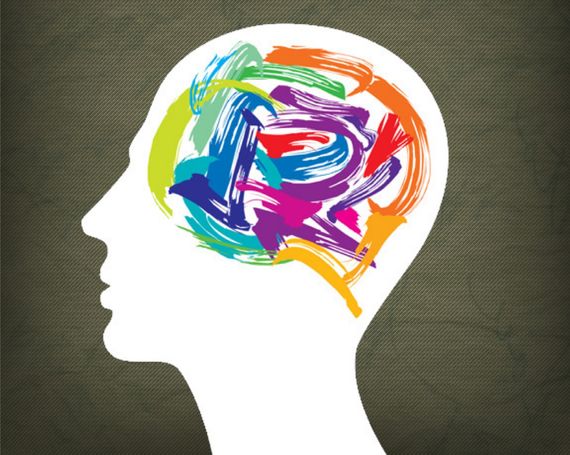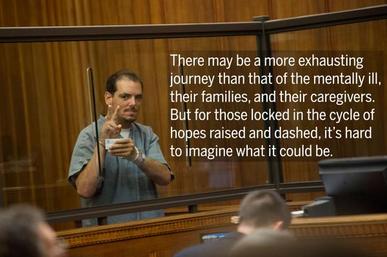
"Yet, a more cynical interpretation voiced by some students is that Yale effectively treats those with serious mental-health conditions as liabilities rather than as members of the community. A junior studying psychology at Yale who asked to remain anonymous said that the way Yale deals with mental health "creates a culture of shame and silencing and self-silencing," which makes it hard to "feel that you can speak openly and be heard as a student about mental-health issues." She added that Yale’s withdrawal and readmission policies make undergraduates unwilling to be open, above all in regards to suicidal thoughts, self-destructive behavior, and debilitating depression. Discussing these conditions, the student said, may lead officials to question whether a student should be at—or is fit for—Yale."
"When Mentally Ill Students Feel Alone" by Andrew Giambrone (The Atlantic)








 RSS Feed
RSS Feed
